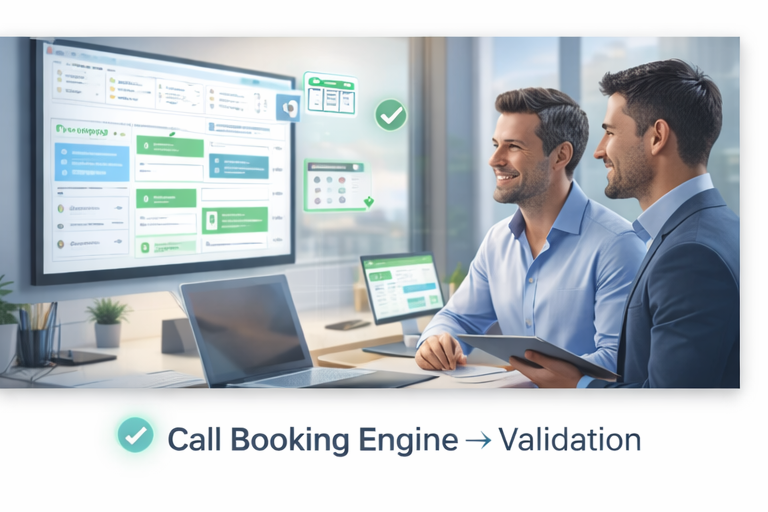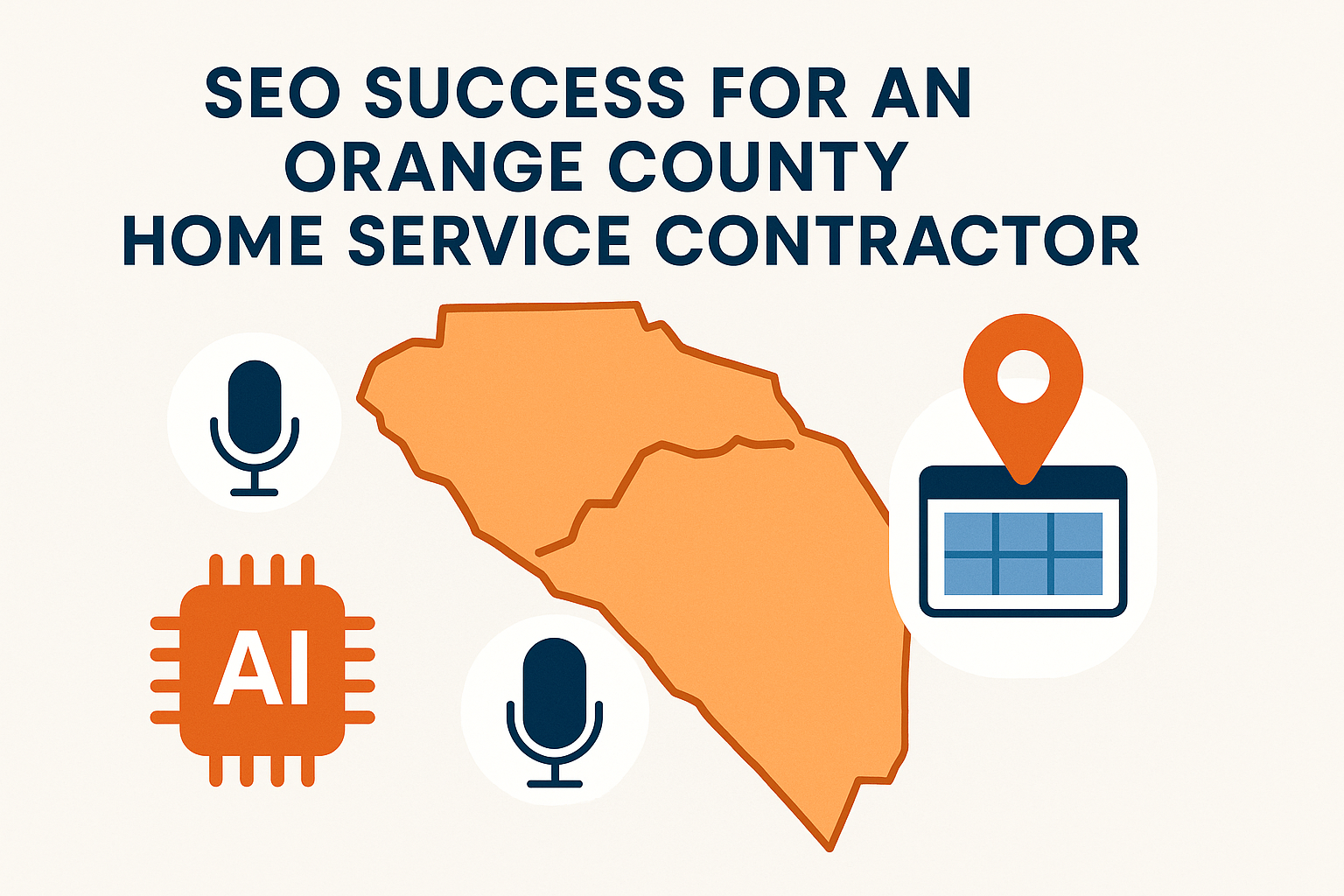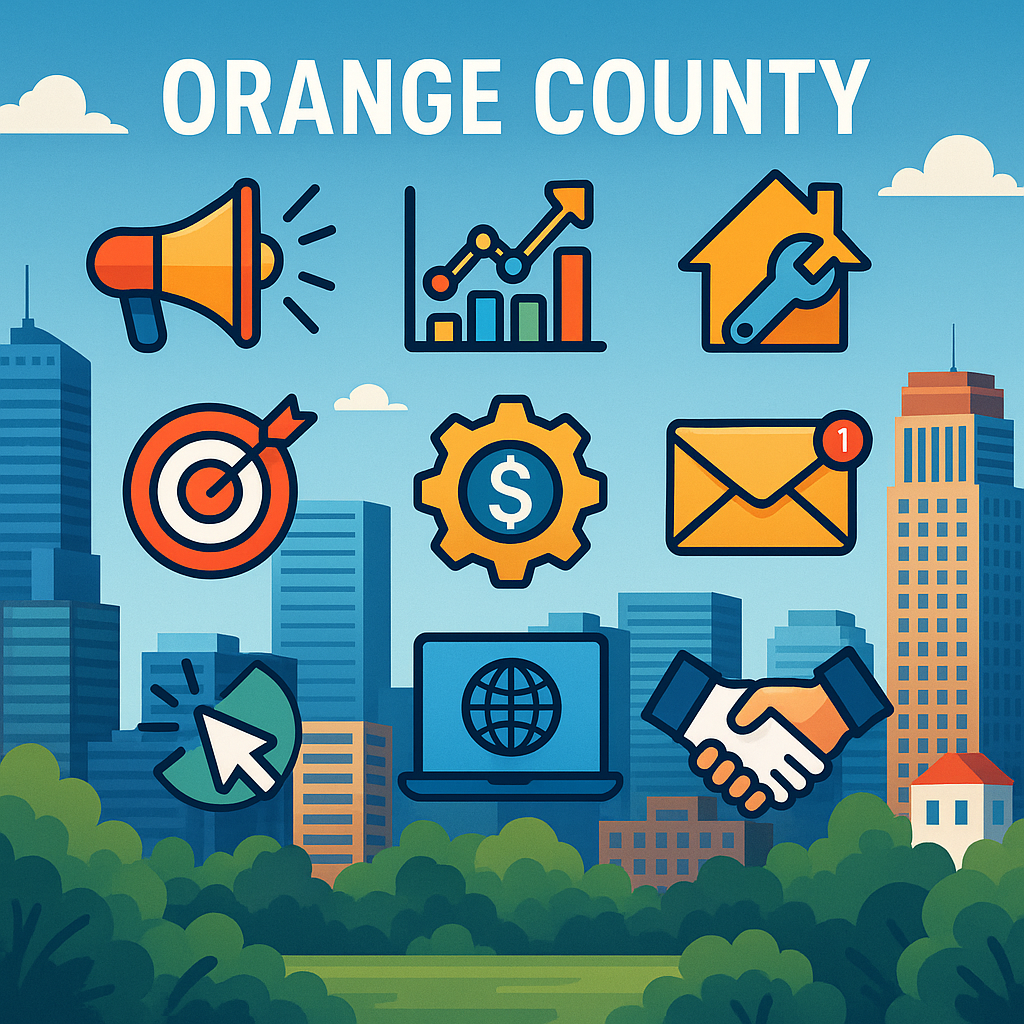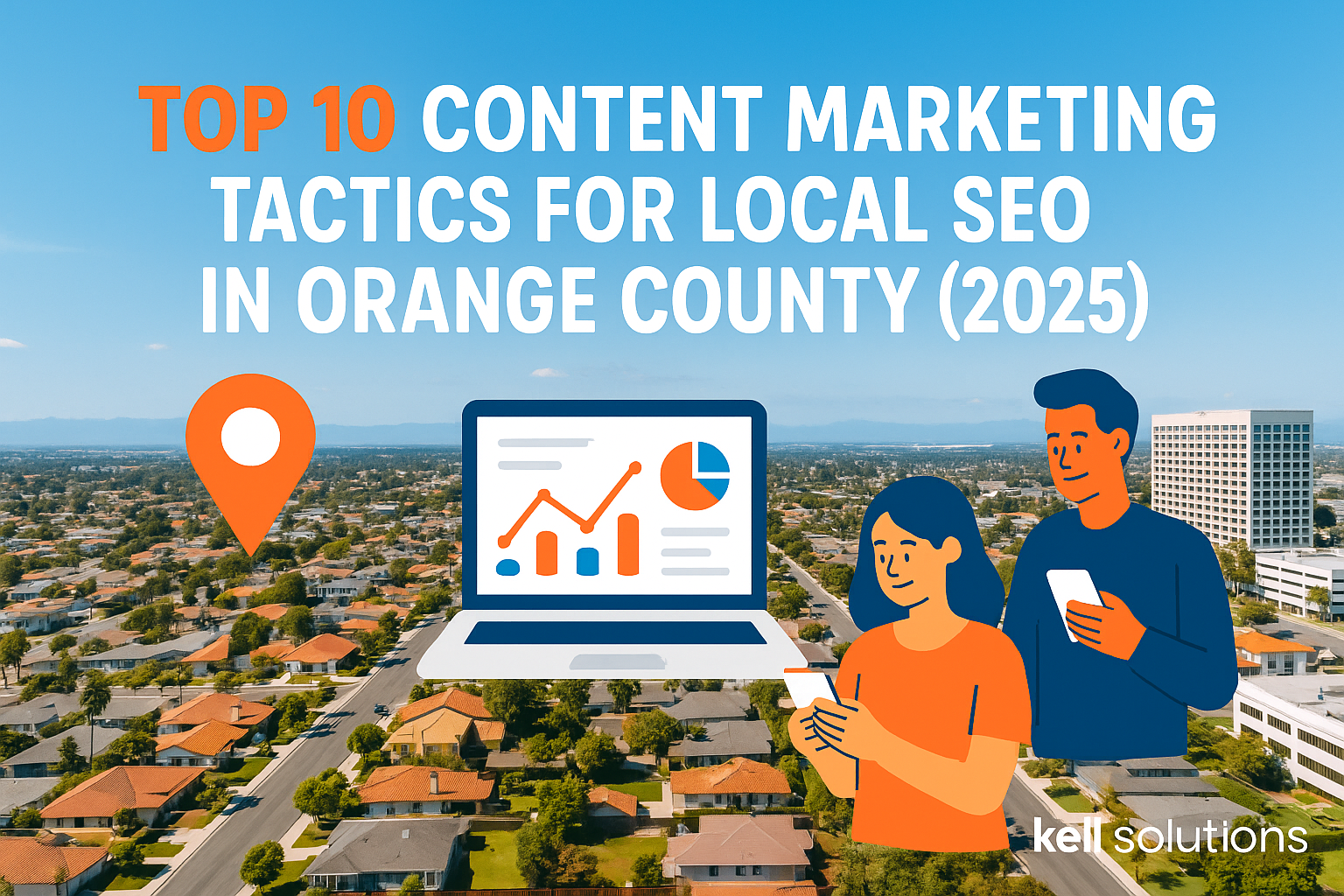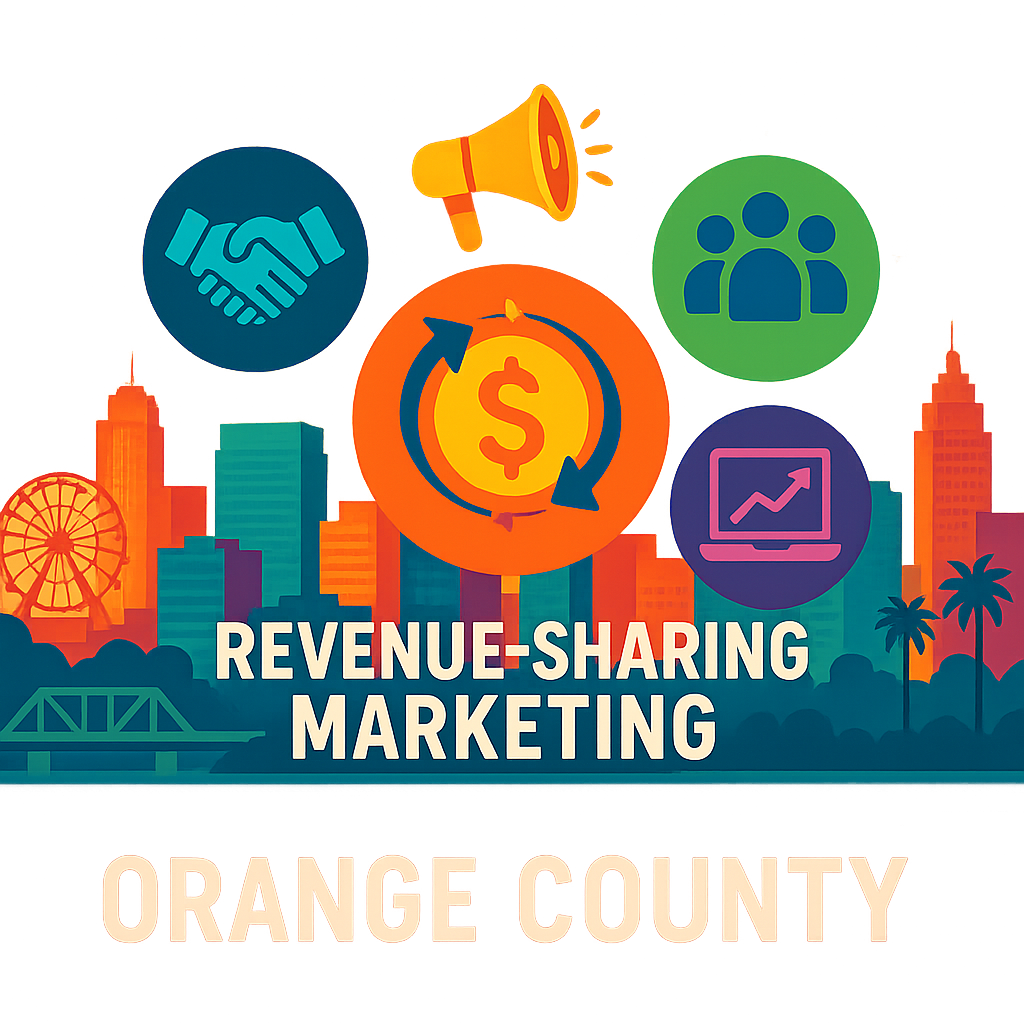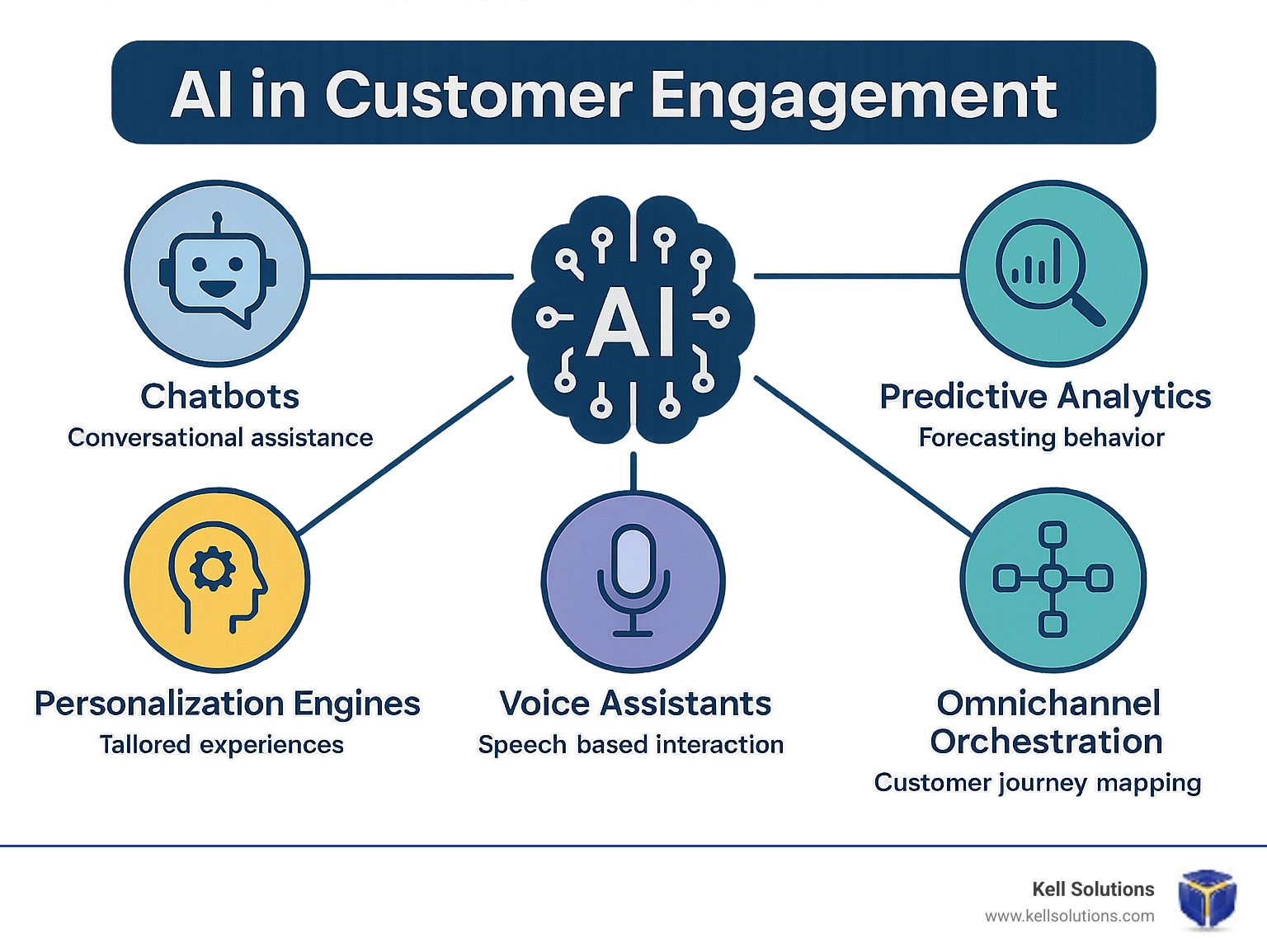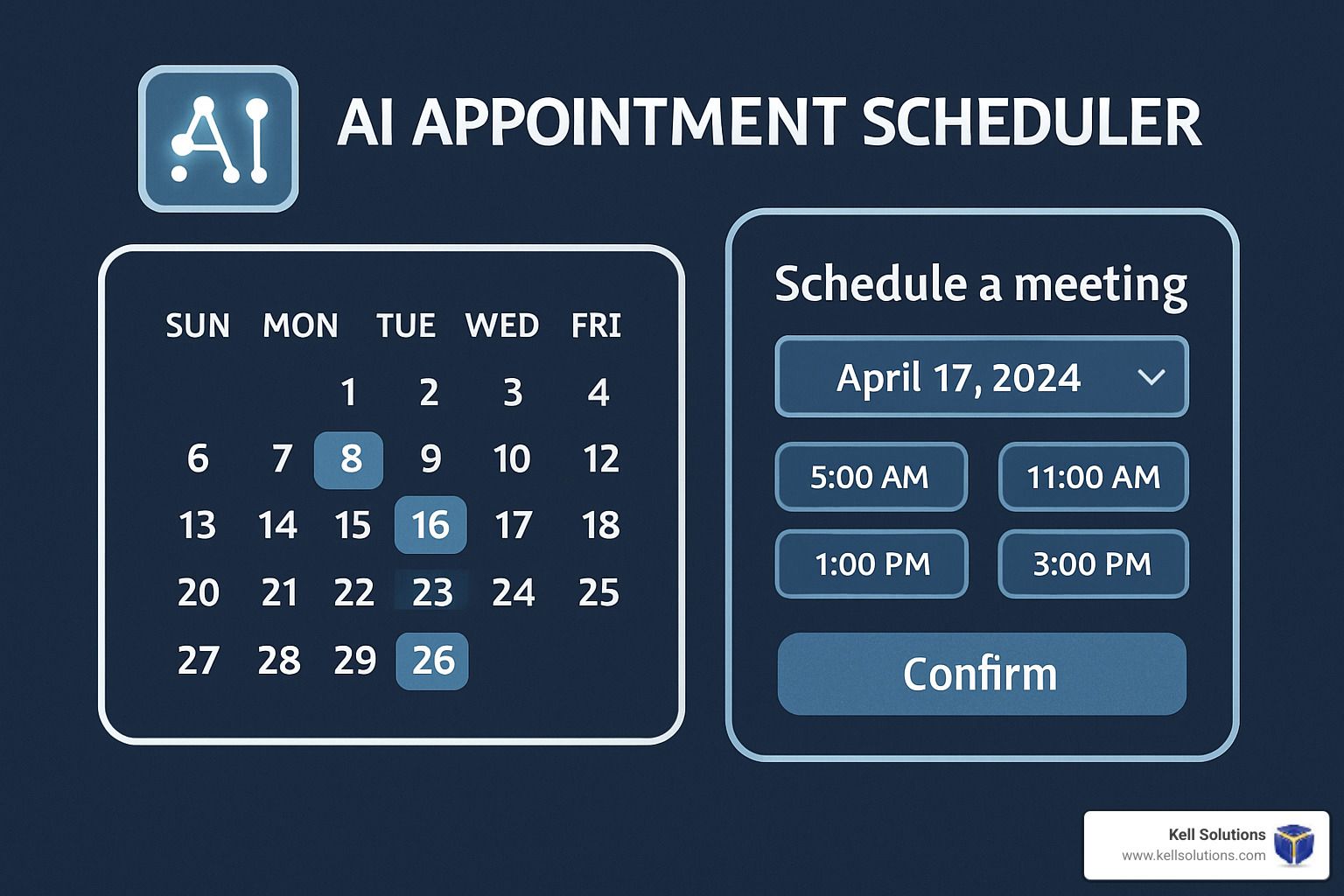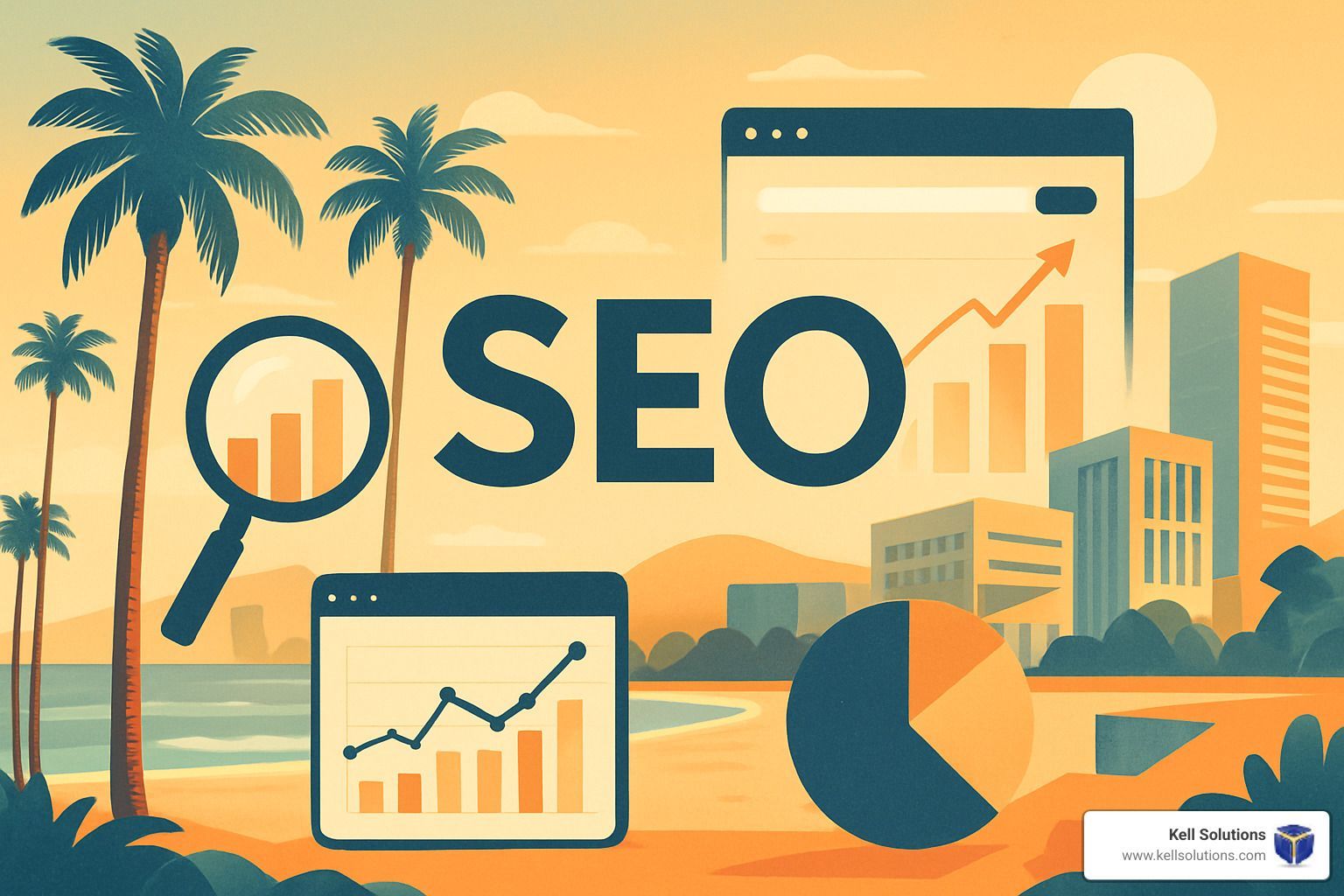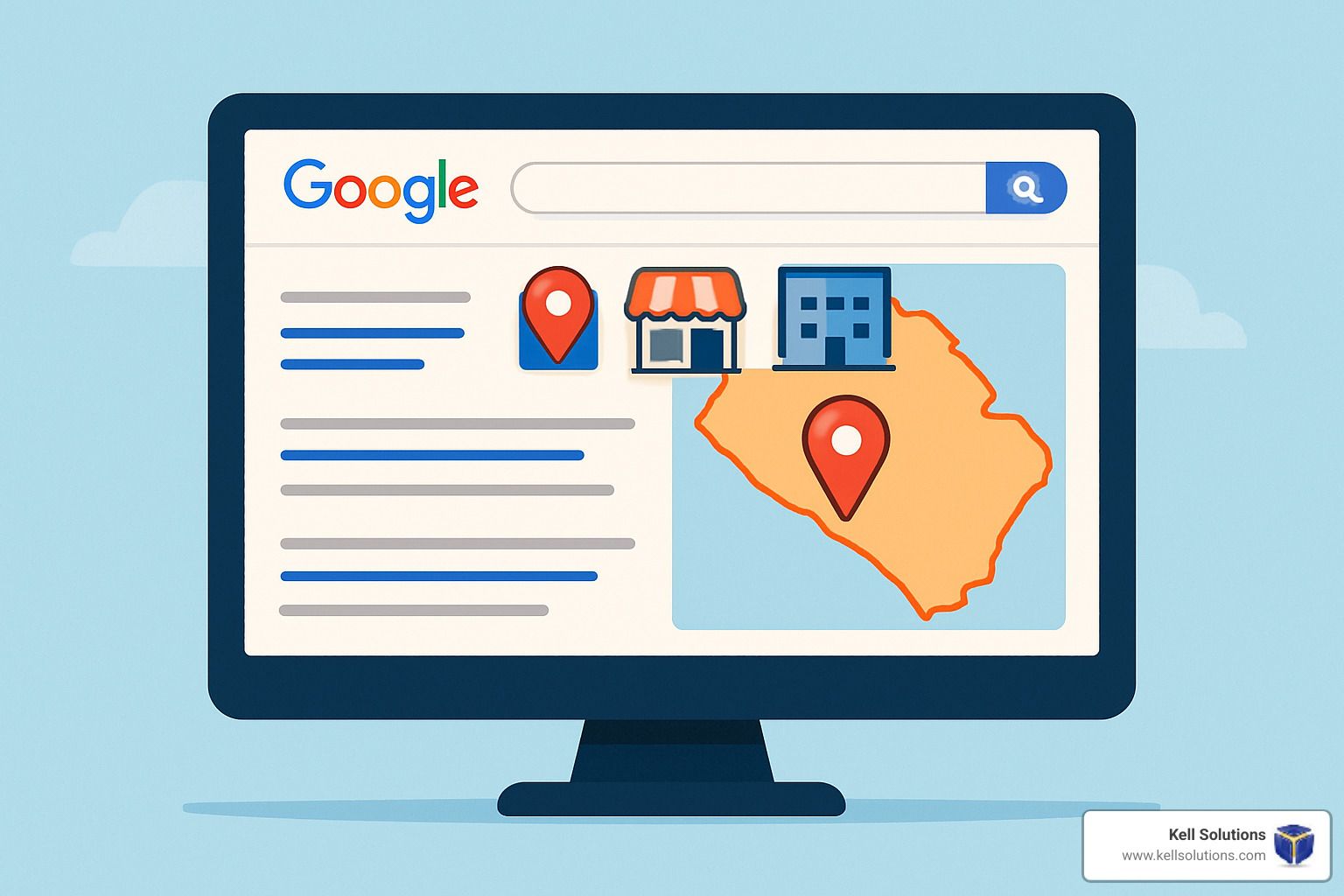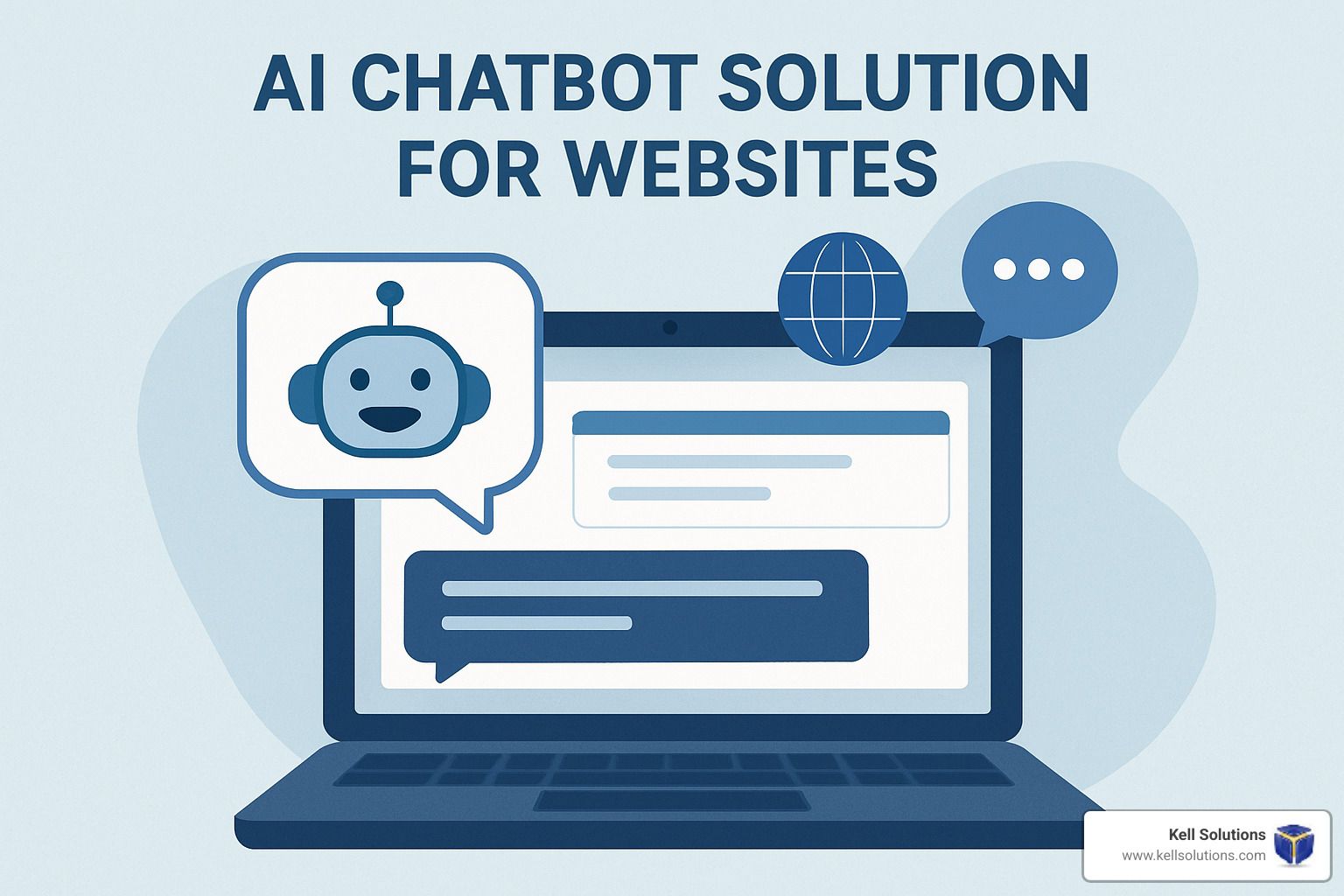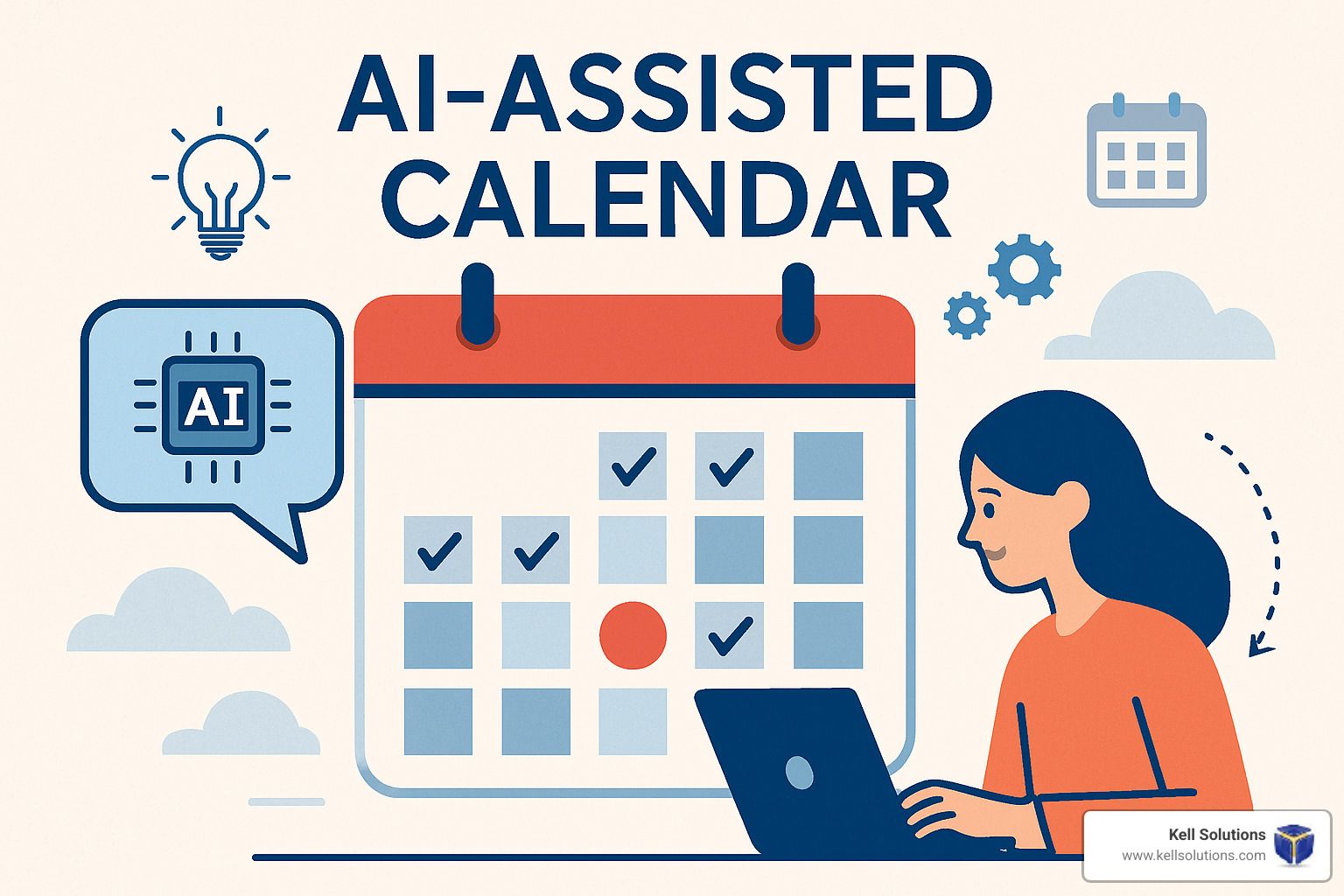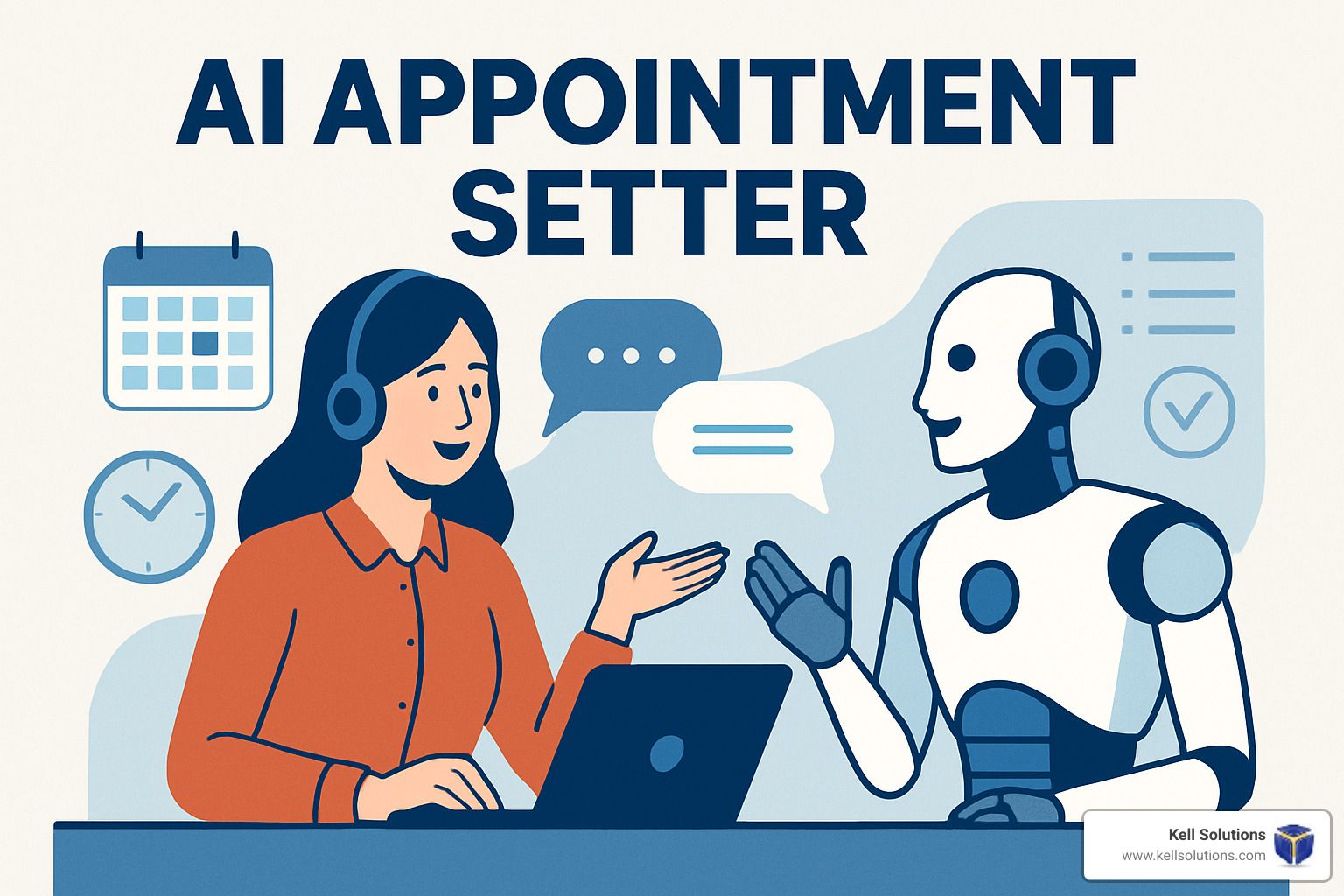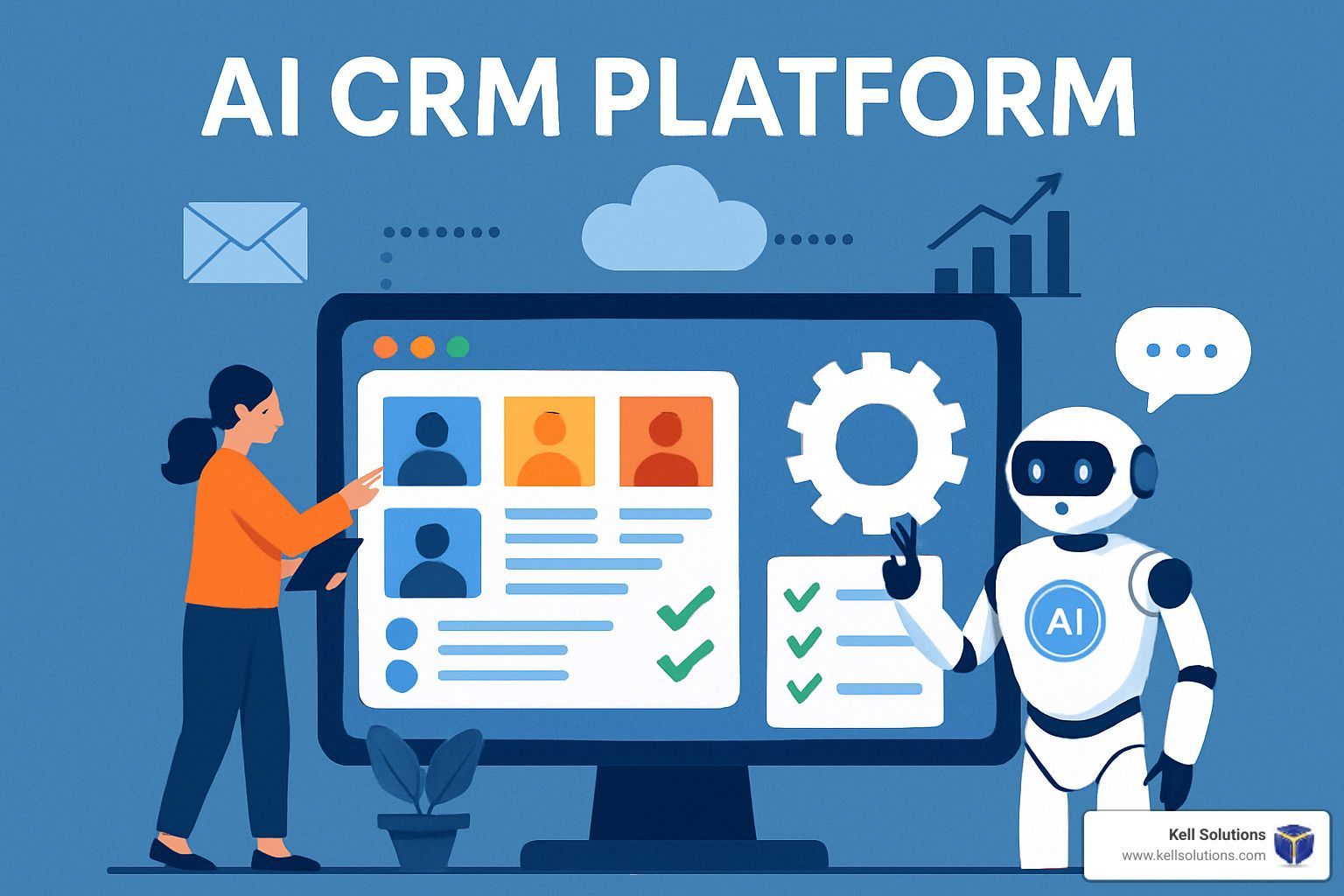Orange County Business Reputation Marketing: 9 Proven Ways to Build Trust & Dominate Local Markets
Why Marketing Build Company Reputation Is Orange County's Most Powerful Business Growth Tool
Marketing build company reputation Orange County is the strategic process of using positive brand assets—like customer reviews, testimonials, and community involvement—to actively promote your business rather than just managing damage control. Here's what every Orange County business owner needs to know:
- Proactive vs. Reactive: Reputation marketing promotes positive elements, while reputation management responds to negative feedback
- Revenue Impact: Companies with strong reputations outperform competitors by up to 400%—crucial in competitive Orange County markets
- Customer Trust: 97% of customers read reviews before buying, and 90% trust reviews more than sales pitches
- SEO Benefits: Having 10+ reviews increases search traffic by 15-20%—essential for Orange County local search
- Cost Efficiency: Positive word-of-mouth reduces customer acquisition costs significantly
As Warren Buffett said, "It takes 20 years to build a reputation and five minutes to ruin it." But here's the good news: you don't have to wait passively for opinions to form. Smart marketing strategies can actively shape how customers, employees, and partners view your Orange County business.
The research is clear— reputation equals revenue. When customers trust your brand, they're more likely to buy, pay premium prices, and refer others—particularly important in Orange County's word-of-mouth driven business environment.
I'm Gregg Kell, founder of Kell Web Solutions based in Laguna Beach, and I've spent over 25 years helping Orange County small businesses use strategic marketing build company reputation tactics to attract more customers and grow revenue. My experience shows that businesses who proactively manage their reputation consistently outperform those who leave it to chance.
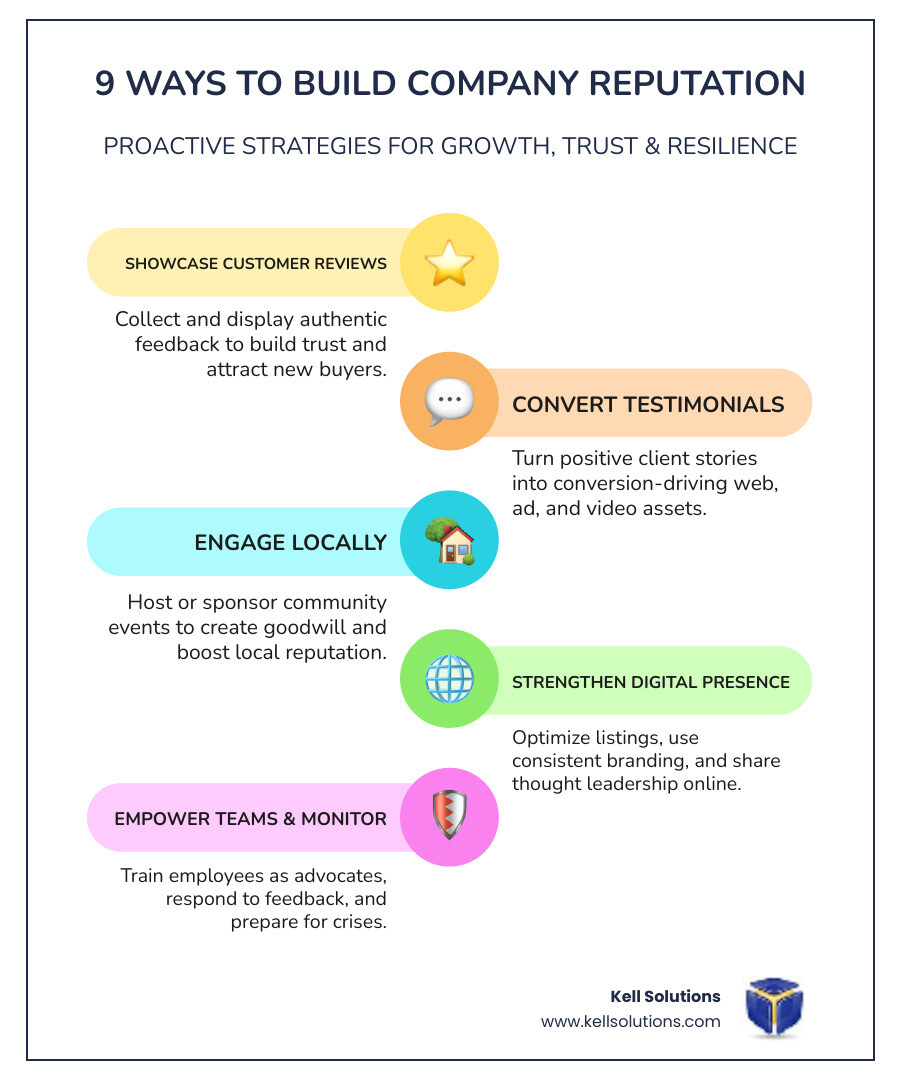
1. Reputation Fundamentals: From Awareness to Trust in Orange County
Think of your company's reputation as the invisible force that shapes every business interaction throughout Orange County. It's not just about avoiding bad reviews—it's about creating genuine connections with everyone who matters to your business success.
Your reputation is essentially what people think and feel about your company when they hear your name. This includes customers from Irvine to Newport Beach, employees, suppliers, and even competitors. The magic happens when these perceptions align with positive emotions and trust.
Corporate reputation goes deeper than marketing messages. It's built on real experiences, consistent actions, and authentic communication over time. When someone recommends your Orange County business to a friend, that's your reputation at work.
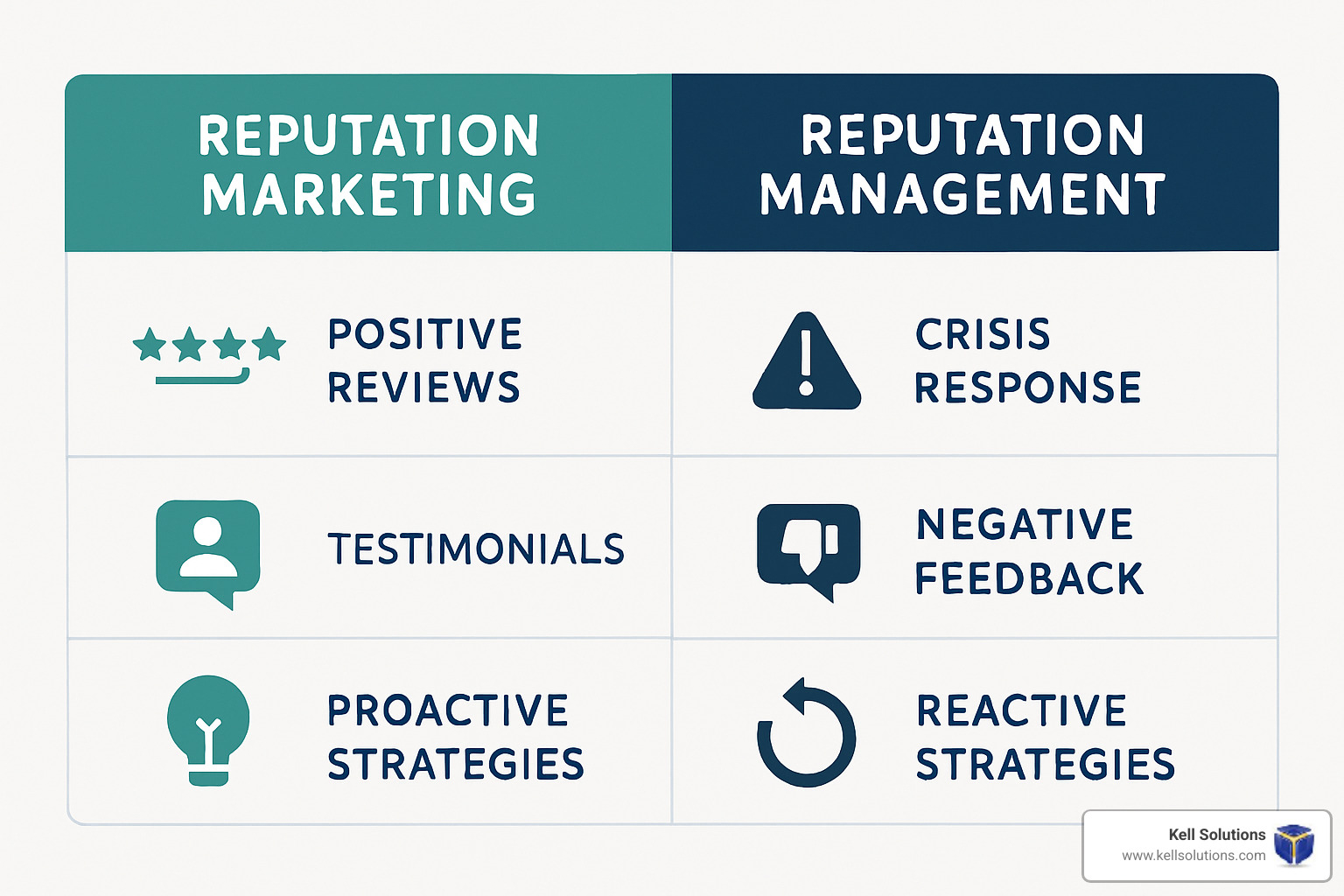
The financial impact is real. Studies show that just a one-point increase in reputation score can boost market value by 2.6%. For smaller Orange County businesses, this translates to more customers, higher prices, and better profit margins.
Modern reputation building rests on seven key pillars. Your products and services quality forms the foundation—everything else builds from there. Innovation keeps you relevant and exciting. Your workplace culture determines whether employees become brand champions or critics.
Conduct and ethics matter more than ever in today's transparent world. Corporate citizenship shows you care about more than profits—particularly important for community-minded Orange County consumers. Strong leadership provides direction and accountability. Finally, financial performance proves your business model works.
According to scientific research on brand trust , 81% of consumers must trust a brand before they'll buy. That trust doesn't happen overnight—it's earned through consistent actions and honest communication[1].
Why Company Reputation Matters to Marketing Build Company Reputation
The connection between reputation and business success isn't just theory—it's measurable and powerful. When you focus on marketing build company reputation, you're investing in your most valuable business asset.
Customer loyalty drives revenue growth in ways that might surprise you. Bain & Company research shows that just a 5% increase in customer retention can boost profits by 25% to 95%. Loyal customers don't just buy more—they pay premium prices and become your best salespeople.
Talent attraction becomes easier when your reputation shines. Great employees want to work for companies they're proud of—particularly important in Orange County's competitive job market. When your team feels good about their workplace, they naturally share positive stories with friends and family.
Competitive advantage grows stronger in crowded markets. When products and prices look similar, customers choose brands they trust. B2B companies with strong reputations consistently outperform weaker competitors by about 20%.
Crisis resilience protects your business when challenges arise. Companies with established trust can weather storms better because people give them the benefit of the doubt.
For more insights on strategic business marketing, check out our guide on the importance of business marketing for Orange County firms .
2. Marketing Build Company Reputation: 3 Customer-Facing Tactics for Orange County (Ways 1-3)
Your customers hold the key to your reputation. When they share their experiences, people listen—and believe. Practicing marketing build company reputation becomes incredibly powerful when you harness the authentic voices of satisfied customers who've experienced your service firsthand.
Think about your own buying habits. You probably read reviews before choosing a restaurant in Newport Beach, check ratings before downloading an app, and ask friends for recommendations before trying a new service. Your Orange County customers do the same thing.
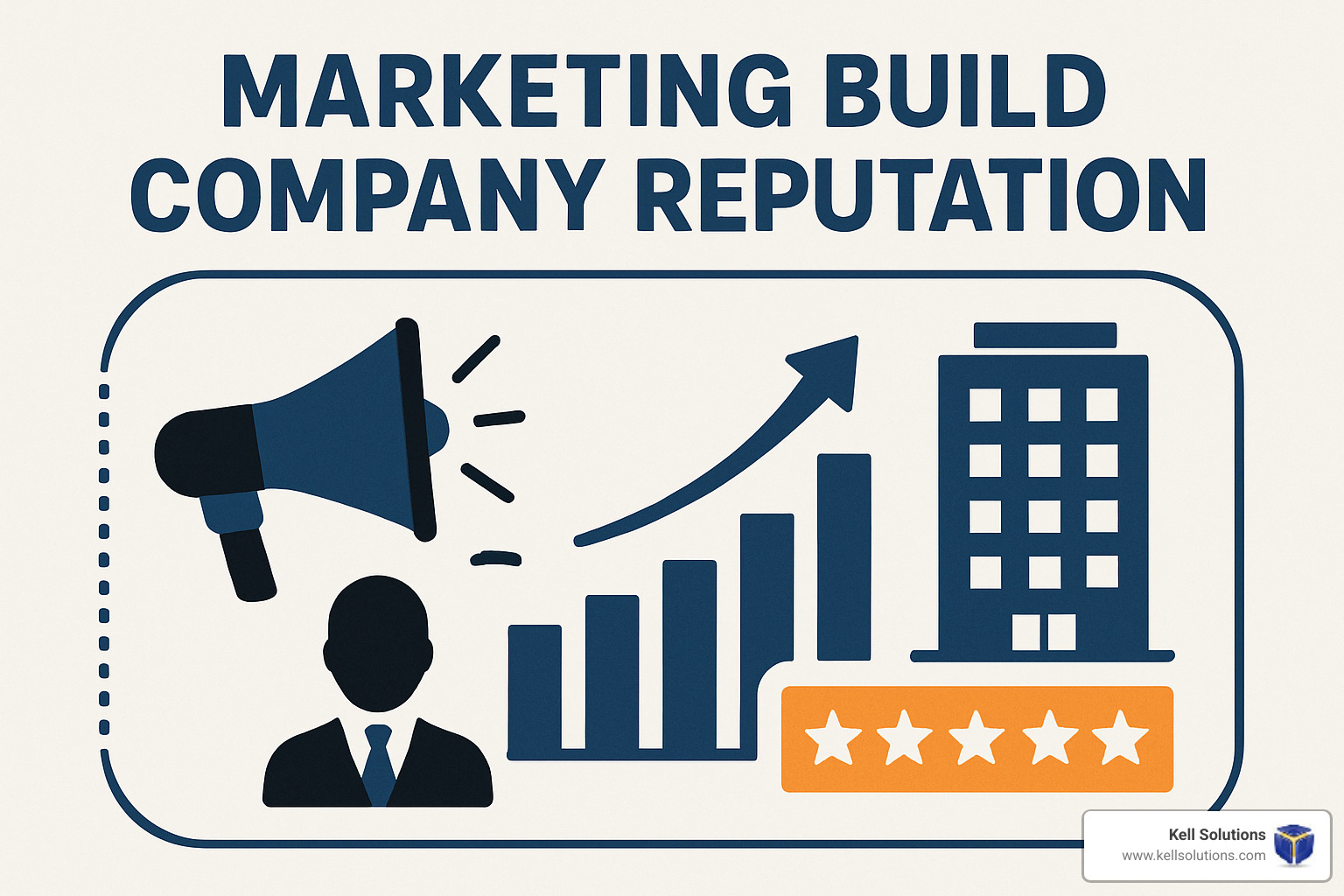
Way 1: Proactively Collect & Showcase Reviews
Happy customers are busy people, and even when they love your service, they might forget to leave feedback unless you make it easy for them.
The magic number is ten reviews. Once you hit that milestone, you'll see a 15-20% boost in search traffic—particularly valuable for Orange County local search rankings. But getting there requires a system, not hope.
Set up automated review requests that trigger after positive customer interactions. The secret is timing—ask when the customer experience is fresh and they're feeling good about your service.
Google seller ratings can increase your ad click-through rates by 10%. To qualify for these automatic extensions, you need consistent reviews across multiple platforms. Focus on your Google Business Profile first, then branch out to industry-specific sites.
Don't just collect reviews— showcase them prominently. Create dedicated testimonial pages, embed review widgets throughout your website, and highlight specific customer success stories.
Way 2: Turn Testimonials into Conversion Assets
Customer testimonials aren't just nice to have—they're conversion powerhouses. Advertisements with reviews and user-generated content see click-through rates increase by 300% while costs drop by 50%.
Strategic website placement makes a huge difference. Put testimonials on your homepage, service pages, and anywhere else potential customers might need that final push to contact you.
Paid advertising gets boosted when you include customer quotes and ratings. Whether you're running Facebook, Google, or LinkedIn ads targeting Orange County customers, social proof builds trust before prospects even visit your website.
Social media amplification helps you squeeze more value from every testimonial. Share customer success stories across your channels (with permission, of course). User-generated content feels more authentic than branded posts.
For more detailed strategies on this approach, check out our comprehensive guide on reputation marketing for Orange County businesses .
Way 3: Local Reputation Wins Through Orange County Community Events
Building your reputation isn't just about what happens online. Getting involved in your local Orange County community creates lasting goodwill and generates the kind of positive buzz that money can't buy.
Strategic sponsorships work best when they align with your brand values and target audience. Maybe you sponsor a local sports team in Irvine, support a charity run in Mission Viejo, or help fund a community festival in Anaheim.
Corporate social responsibility shouldn't be a one-time donation. Develop ongoing initiatives that demonstrate your values and invite community participation. Research shows that 85% of executives say customers prefer doing business with sustainable, community-minded brands.
Educational events position your business as the local expert while providing real value to your Orange County community. Host workshops, seminars, or networking events related to your industry.
The offline reputation you build in your community creates online conversations. People talk about businesses that care, and those conversations often turn into online reviews, social media mentions, and word-of-mouth referrals throughout Orange County.
For more insights on building these valuable connections, explore our guide on reputation marketing strategies for Orange County .
3. Marketing Build Company Reputation: 3 Digital Amplification Tactics for Orange County (Ways 4-6)
Your online presence is like your digital storefront—it's often where potential Orange County customers form their first impression of your business. Practicing marketing build company reputation in the digital space isn't just about having a website anymore; it's about creating a cohesive experience across every platform where your customers might find you.
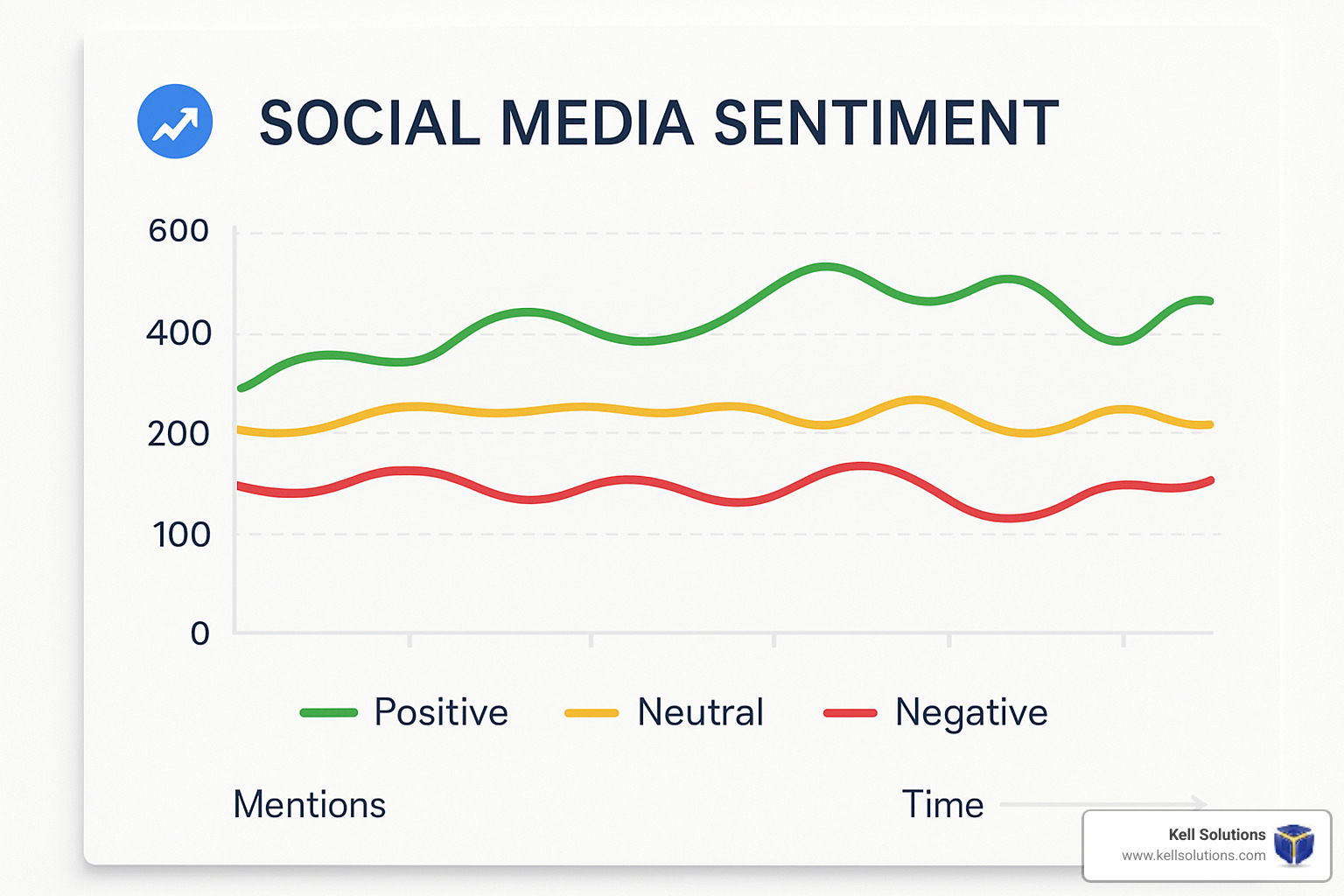
Way 4: Own Your Online Presence & Listings
Your Google Business Profile is your most valuable piece of digital real estate, especially for Orange County local businesses. It's free, appears prominently in search results, and gives you direct control over how your business appears to potential customers.
But Google is just the beginning. Your business information appears across hundreds of online directories, and inconsistencies can confuse both search engines and customers.
Directory consistency requires ongoing attention. Your Name, Address, and Phone (NAP) information should be identical everywhere it appears online. This isn't just about customer convenience—search engines use this consistency as a trust signal for Orange County local search.
Schema markup might sound technical, but it's essentially a way to help search engines understand your business better. When you add structured data to your website, you're more likely to appear in rich snippets and local search results.
Don't forget industry-specific platforms where your ideal customers spend time. Professional service firms might focus on LinkedIn and industry directories, while local businesses might prioritize Nextdoor and community forums.
Way 5: Engage & Educate on Social Channels
With 91% of small businesses using social media, simply having accounts isn't enough—you need to stand out through genuine engagement and valuable content that resonates with Orange County audiences.
The 4:1 helpful content rule works because it builds trust before asking for anything in return. For every promotional post about your services, share four pieces of valuable content. This might include industry tips, behind-the-scenes glimpses, customer success stories, or answers to frequently asked questions.
Micro-influencer partnerships often deliver better results than celebrity endorsements because their audiences genuinely trust their recommendations. Look for people who already talk about topics related to your industry and whose values align with yours.
Live sessions and Q&As humanize your brand in ways that polished content can't. When you answer questions in real-time, you show expertise while building personal connections with Orange County prospects.
For more advanced digital strategies, explore our comprehensive guide on advanced reputation marketing strategies .
Way 6: Publish Thought-Leadership & Case Studies
Content marketing isn't about churning out blog posts—it's about establishing your company as a trusted authority in your field. When done well, quality content attracts customers, builds trust, and provides long-term SEO benefits for Orange County search rankings.
Comprehensive guides that thoroughly address topics your customers care about serve multiple purposes. They attract backlinks from other websites, rank well in search results, and position your company as an industry authority.
Customer success stories provide social proof while demonstrating your capabilities to similar prospects. The most effective case studies include specific metrics and outcomes when possible.
Industry insights and trend analysis showcase your expertise while providing value to your audience. When you share thoughtful perspectives on emerging technologies or market developments, you attract engaged audiences.
According to scientific research on content credibility , audiences increasingly value authentic, well-researched content over superficial marketing messages[2].
4. Marketing Build Company Reputation: 3 Relationship & Resilience Tactics (Ways 7-9)
The strongest reputations aren't built overnight—they're forged through authentic relationships and your ability to bounce back from challenges with grace. These final three tactics focus on turning your team into genuine brand advocates, staying ahead of potential reputation issues, and building resilience as part of your marketing build company reputation strategy.
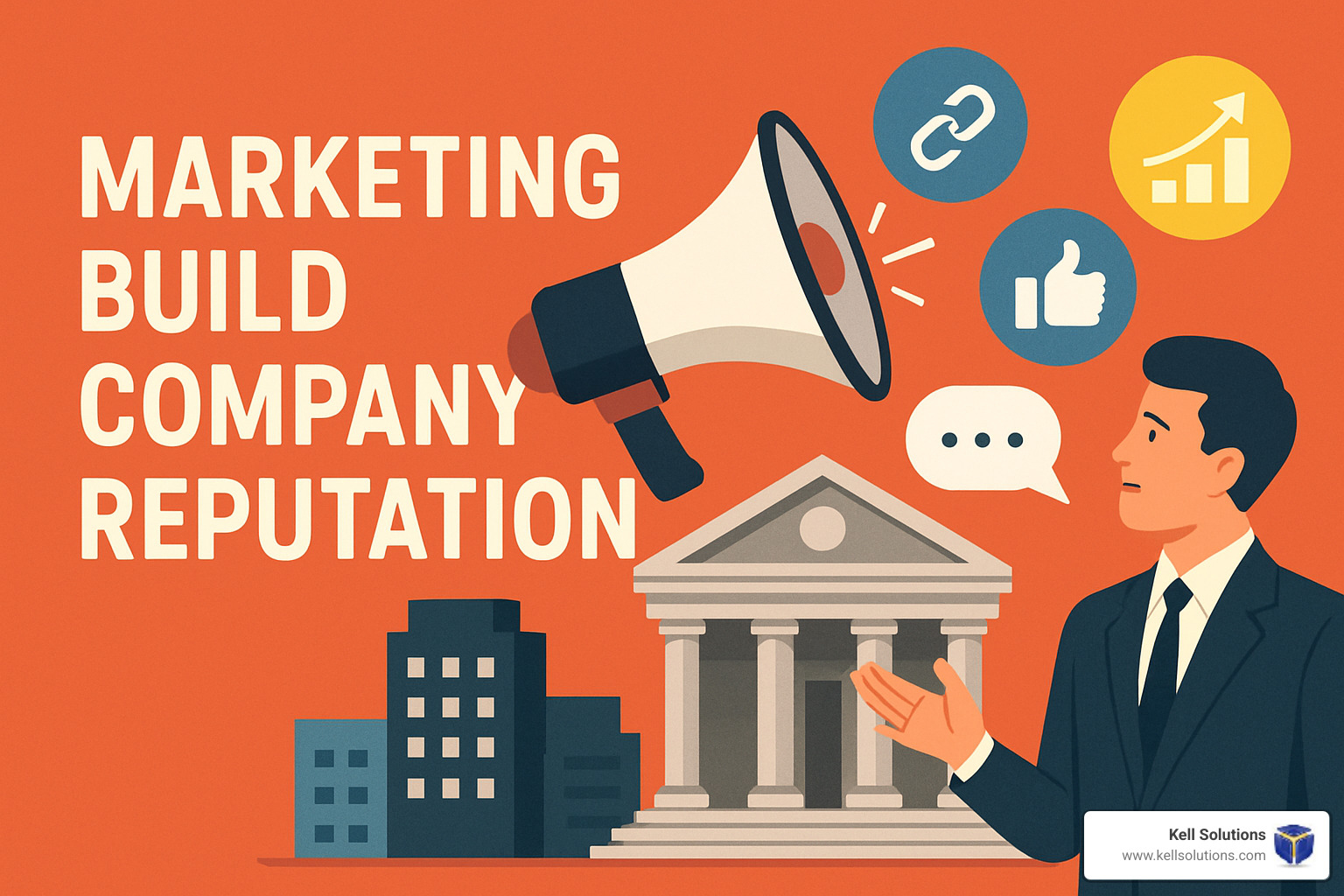
Way 7: Empower Employee Advocacy Programs
Your employees hold the keys to your most powerful marketing build company reputation tool: authentic word-of-mouth. When someone at your company genuinely loves working there, their enthusiasm becomes contagious throughout Orange County's professional networks.
Building a Culture Worth Talking About: Start from the inside out. Companies with truly engaged employees see 23% higher profitability and 18% better productivity—but more importantly, happy employees naturally become your biggest cheerleaders.
Managing Your Glassdoor Reputation: Your employees are already talking about you on platforms like Glassdoor—the question is whether they're saying what you want them to say. Monitor these reviews carefully and respond professionally to concerns.
Creating Natural Ambassadors: The best employee advocacy feels effortless because it's genuine. Provide your team with easy ways to share company wins and achievements, but never force it.
Way 8: Monitor, Respond & Recover Fast
Your reputation can change faster than you can check your email. The businesses that thrive are those that stay alert, respond quickly, and turn potential problems into opportunities.
Setting Up Your Early Warning System: Use tools like Google Alerts for basic monitoring, but consider investing in more comprehensive platforms like Brand24 for complete coverage. Monitor not just your company name, but also common misspellings and key team members' names.
The Golden 24-48 Hour Window: When someone leaves a review or mentions your business online, you have a brief window to respond before their impression becomes permanent. Quick responses show that you're paying attention and care about customer feedback.
Turning Negatives into Positives: How you handle problems publicly can be more powerful than having no problems at all. When you address complaints with empathy, offer real solutions, and invite further discussion offline, potential customers see that you stand behind your work.
Our AI voice agents help ensure you never miss customer inquiries that could turn into reputation issues. Learn more about building sustainable business relationships for Orange County companies through consistent customer service.
Way 9: Crisis-Proof Your Reputation
Even companies with perfect track records face reputation challenges. The difference between Orange County businesses that survive crises and those that don't isn't avoiding problems—it's how they handle them when they arise.
Scenario Planning That Actually Works: Identify the reputation risks specific to your business and industry. What could go wrong? How would you respond? Having response plans ready allows for faster, more thoughtful reactions when issues arise.
The Power of Transparent Communication: When problems occur, resist the urge to hide or minimize them. Acknowledge what happened, explain your response, and provide regular updates on your progress.
Remember the "Bad is Stronger Than Good" Rule: Negative events create deeper, longer-lasting impressions than positive ones. This means prevention is always better than recovery, but when issues do arise, address them thoroughly and immediately.
Measuring, Monitoring & Optimizing Your Orange County Reputation
You can't improve what you don't measure. Practicing marketing build company reputation is an ongoing process that requires careful tracking and continuous optimization.
Net Promoter Score (NPS) serves as your reputation north star. This simple metric asks customers one question: "How likely are you to recommend our business to others?" Survey customers regularly—quarterly works well for most businesses—and track changes over time.
Social listening metrics give you the full picture of online conversations about your brand. Monitor mention volume to see if awareness is growing, track sentiment scores to understand how people feel, and measure your share of voice compared to industry conversations.
Review and rating analysis goes beyond just counting stars. Your average ratings across platforms tell one story, but review velocity—how often new reviews appear—reveals engagement levels. Dive into review content to spot patterns.
Website and SEO impact shows how reputation affects your bottom line. Track organic search traffic for reputation-related keywords like "[your company] reviews" or "[your service] testimonials." Monitor local search rankings and notice how review rich snippets affect click-through rates.
ROI tracking connects reputation activities to real business outcomes. Measure lead generation from review-driven traffic, track conversion rates from testimonial pages, and calculate customer lifetime value for those acquired through referrals.
The key is establishing baseline measurements, then tracking progress consistently. Set up monthly reporting that combines all these metrics into a clear picture of your reputation health.
For more comprehensive measurement strategies, explore our guide on creating a results-driven marketing plan for Orange County businesses .
Frequently Asked Questions about Marketing Build Company Reputation
What makes Orange County reputation marketing different from other markets?
Orange County's unique market dynamics require specialized reputation strategies. The area's high concentration of affluent, educated consumers means they research extensively before making purchasing decisions. They're more likely to read multiple reviews, check social media presence, and ask for referrals from their professional networks.
The competitive landscape in Orange County also means that reputation can be the deciding factor between similar businesses. Whether you're competing with other dental practices in Irvine or law firms in Newport Beach, having a stronger online reputation often determines who gets the business.
Additionally, Orange County's diverse population—with significant Hispanic, Asian, and other ethnic communities—requires multilingual reputation management and culturally sensitive community engagement strategies.
How long does it take to see results from reputation marketing in Orange County?
Timeline varies by starting point and strategy intensity, but most Orange County businesses see initial improvements within 3-6 months. Review collection efforts typically show results fastest—you might see new reviews appearing within weeks of implementing automated request systems.
SEO benefits from reputation marketing take longer to materialize. Increased search traffic and improved local rankings often become noticeable after 6-12 months of consistent effort. However, the compound effect means results accelerate over time.
The key is consistency. Businesses that implement multiple tactics simultaneously—combining review collection, content marketing, and community engagement—typically see faster, more substantial results than those focusing on just one area.
What budget should Orange County businesses allocate for reputation marketing?
Most successful Orange County businesses allocate 15-25% of their total marketing budget to reputation-related activities. This includes review management tools, content creation, community sponsorships, and staff time for monitoring and responding to feedback.
For a typical small business, this might translate to $500-2,000 monthly, depending on industry and growth goals. Professional service firms often invest more heavily because reputation directly impacts their ability to command premium pricing.
The ROI justifies the investment—businesses with strong reputations typically see 20-30% higher conversion rates and can charge 10-15% premium pricing compared to competitors with weaker reputations.
How do negative reviews specifically affect Orange County businesses?
In Orange County's competitive market, negative reviews can have amplified impact because customers have many alternatives. Research shows that even one negative review can deter 22% of potential customers, while four negative reviews can drive away up to 70% of prospects.
However, how you respond to negative reviews matters more than the reviews themselves. Orange County consumers appreciate businesses that address complaints professionally and offer genuine solutions. Well-handled negative reviews can actually enhance credibility by showing transparency and commitment to customer satisfaction.
The key is speed and professionalism. Responding within 24 hours shows you're attentive to customer concerns, while offering to resolve issues offline demonstrates genuine care for customer satisfaction.
Should Orange County businesses hire reputation management companies?
It depends on your resources and expertise. Many Orange County businesses successfully manage reputation in-house using the strategies outlined in this guide, especially when combined with tools like our VoiceGenie AI system for consistent customer service.
Consider professional help if you're facing a reputation crisis, lack internal marketing expertise, or want to accelerate results. However, be cautious of companies promising unrealistic results or using questionable tactics like fake reviews.
The best approach often combines internal oversight with selective outsourcing for specialized tasks like content creation or advanced SEO work.
How does local SEO connect to reputation marketing for Orange County businesses?
Local SEO and reputation marketing are inseparable for Orange County businesses. Google's algorithm heavily weights customer reviews, ratings, and overall sentiment when determining local search rankings. Businesses with 10+ recent reviews typically rank higher than those with fewer reviews.
Review velocity—how often you receive new reviews—also impacts rankings. Google interprets consistent new reviews as a sign of an active, growing business. This is why systematic review collection is crucial for local search visibility.
Additionally, local citations and directory listings (part of reputation management) provide crucial ranking signals. Consistent NAP (Name, Address, Phone) information across directories builds trust with search engines and improves local pack visibility.
Conclusion
Marketing build company reputation isn't just about avoiding negative feedback—it's about proactively building trust, credibility, and competitive advantage through strategic marketing activities. The nine tactics we've covered provide a comprehensive framework for turning your reputation into a powerful business asset.
For Orange County businesses, reputation building is particularly crucial given the area's competitive market and sophisticated consumer base. From collecting and showcasing customer reviews to empowering employee advocacy and preparing for potential crises, every element works together to create a stronger, more resilient brand.
The financial impact is clear: companies with strong reputations outperform competitors by up to 400%, while trusted businesses see higher customer retention, premium pricing power, and reduced acquisition costs. In today's connected world, your reputation often determines whether Orange County prospects choose you or your competitors.
At Kell Solutions, our VoiceGenie AI system can help automate many reputation-building activities, from requesting reviews after positive interactions to ensuring 24/7 professional customer service that never misses an opportunity to shine. When every customer interaction is handled professionally and consistently, you're building reputation one conversation at a time.
The key is starting now and staying consistent. Choose the tactics that align best with your business model and resources, then execute them systematically. Your future self—and your bottom line—will thank you.
Ready to see how AI can improve your reputation-building efforts? Request a VoiceGenie AI demo to discover how automated, professional customer interactions can strengthen your reputation 24/7.
For more strategic insights, explore our resources on client-centric strategies for Orange County business growth .
📚 About the Author
Gregg Kell is a seasoned digital marketing strategist and founder of Kell Web Solutions, Inc., based in Laguna Beach, California, helping professional service firms throughout Orange County grow through innovative AI-powered solutions like VoiceGenie AI. With over 20 years of experience in web development, lead generation, and business automation, Gregg is passionate about helping small businesses maximize growth and profitability through cutting-edge technologies.
When he's not helping businesses boost their bottom line, Gregg enjoys life by the beach in Laguna Beach, California, with his wife Debbie, celebrating over 40 years of marriage and entrepreneurial success.
👉 Explore More from Gregg for Orange County Businesses:


Orange County HVAC Google AI Overview Domination: 7 Proven Strategies to Capture Featured AI Results




